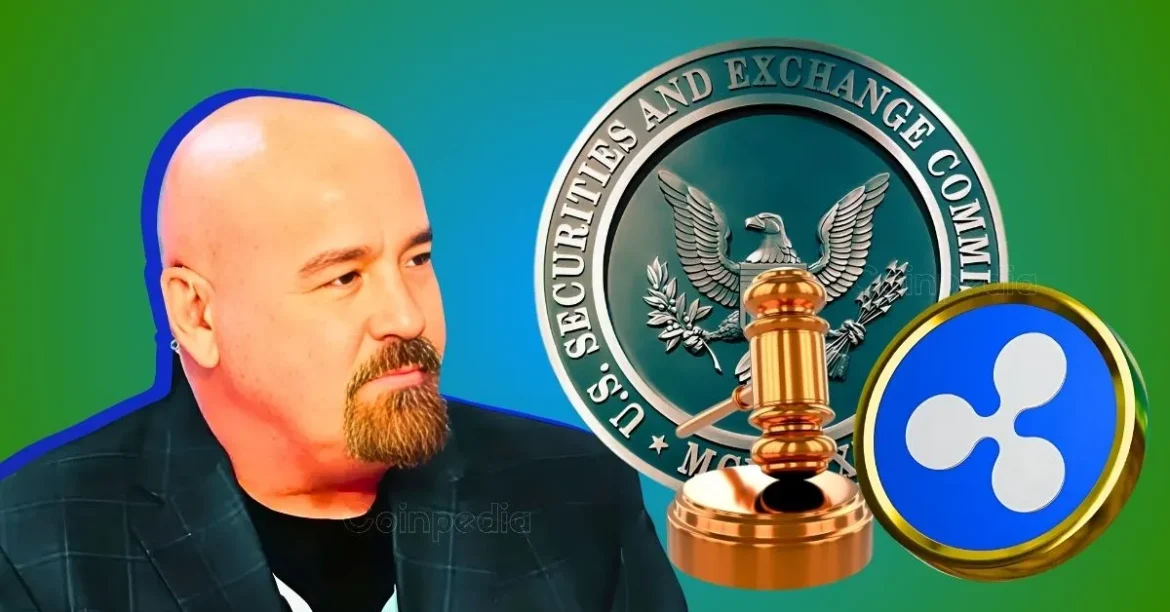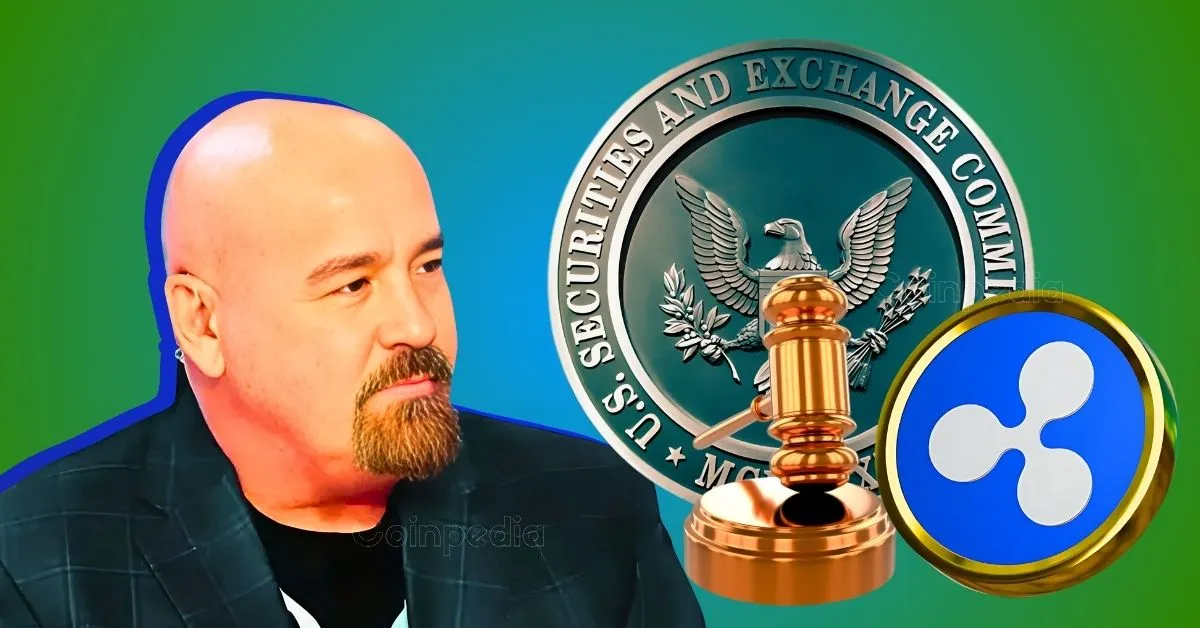Unpacking the Ripple vs. SEC Lawsuit: A Comprehensive Analysis of the Ongoing Battle
The legal contest between Ripple Labs, the company behind the XRP cryptocurrency, and the U.S. Securities and Exchange Commission (SEC) has been one of the most closely watched cases in the crypto world. Beginning in late 2020, it centers around the classification of XRP as a security and the implications for the entire cryptocurrency market. Over the years, the case has evolved with numerous twists, complex legal arguments, and shifting positions from both sides. Recent developments signal a potential resolution, but the journey has been far from straightforward.
Background: The Genesis of the Lawsuit
In December 2020, the SEC filed a lawsuit against Ripple Labs and its executives, CEO Brad Garlinghouse and co-founder Chris Larsen. The SEC alleged that Ripple conducted an unregistered securities offering by raising approximately $1.3 billion through the sale of XRP tokens. The central issue was whether XRP should legally be considered a security, thereby subjecting it to strict regulation under U.S. securities laws.
Ripple vehemently denied these allegations, asserting that XRP is a digital currency, akin to Bitcoin or Ethereum, rather than a security. This demarcation holds crucial regulatory implications. If XRP is classified as a security, Ripple would have violated securities laws by failing to register its sales properly. If not, XRP could continue as a more lightly regulated cryptocurrency, opening broader market opportunities.
Legal Maneuvers and Arguments: The Courtroom Drama
The litigation stretched over several years, marked by rigorous challenges and defenses. Ripple’s legal team, including prominent pro-XRP attorney John E. Deaton, has emphasized different facets of the case to undermine the SEC’s stance. For instance, Deaton and others highlighted internal SEC communications from 2018 that reportedly did not recommend enforcement actions against XRP at that time, suggesting regulatory inconsistency or ambiguity.
Notably, judges have issued rulings in favor of Ripple at various stages. In July 2023, Judge Analisa Torres granted a summary judgment in favor of Ripple concerning “programmatic” XRP sales (automatized sales on third-party platforms), a significant win. The ruling indicated that the SEC had failed to prove these sales were securities transactions.
However, the case was far from closed. The SEC continued to press parts of its claim, including fines and injunctions related to other XRP sales. The back-and-forth revealed a complicated picture of regulatory enforcement and evolving definitions within the cryptocurrency space.
Settlement Talks: Signs of Resolution?
In early 2025, the litigation appeared to approach a turning point. Pro-XRP lawyer John Deaton announced that the SEC and Ripple had reached a proposed settlement. The key terms reportedly reduced Ripple’s penalty from the initial $125 million to $50 million—a substantial decrease suggesting compromise on both sides.
Furthermore, the SEC agreed to drop its appeal regarding certain aspects of the case, and Ripple chose to forego cross-appeals. These moves point toward finalizing the dispute, significantly reducing regulatory uncertainty for XRP holders and the broader crypto market.
Legal experts, including Deaton and others, weighed in on the odds of the settlement gaining judicial approval. Judge Torres, who has overseen much of the case, is seen as likely to approve the arrangement, offering a 70% probability estimate. This near closure would mark a milestone for Ripple, potentially solidifying XRP’s market position and clarifying regulatory frameworks.
Complex Dynamics: The SEC’s Position and Industry Implications
The lawsuit casts light on broader tensions between regulators and industry actors. As Deaton noted, competition within the crypto industry and the SEC’s interpretations have played roles in the case’s complexity. The SEC’s stance has also shifted in recent cases, signaling a nuanced enforcement approach that sometimes conflicts with earlier positions.
Moreover, the case has garnered attention for potential misconduct allegations. Some pro-crypto attorneys argue there was intentional misrepresentation or overreach by the SEC, deepening the controversy and political discussions surrounding crypto regulation.
These dynamics matter beyond Ripple. The outcome influences how cryptocurrencies will be regulated in the United States, affecting exchanges, investors, developers, and ongoing innovation. The lawsuit has become a litmus test for defining securities in the context of decentralized digital assets.
What Remains Uncertain: Final Steps and Judicial Acceptance
Despite encouraging signals of settlement, some hurdles remain. For a new judgment to be entered, the SEC must admit certain errors and make concessions. John Deaton highlighted the need for the SEC to acknowledge its mistakes formally and withdraw claims that could harm Ripple unfairly.
Moreover, the process of negotiating the judgment’s details—including escrowed funds from fines—requires time and legal finesse. Commentary from other legal experts suggests that while the battle is “largely over,” complete closure depends on these final formalities and court approvals.
Conclusion: A Milestone for XRP and Crypto Regulation
The Ripple vs. SEC lawsuit exemplifies the friction between emerging blockchain technologies and traditional regulatory structures. From its explosive start in 2020, the case has weathered legal storms, judicial scrutiny, and shifting regulatory winds.
Now, with a likely settlement that reduces penalties drastically and ends prolonged uncertainty, Ripple and XRP may enter a new phase of clarity and growth. This milestone not only impacts XRP holders but signals to the broader crypto ecosystem that regulatory battles, while fierce, can find resolution through negotiation and judicial oversight.
As the court prepares to potentially finalize this chapter, stakeholders watch closely. The Ripple saga will be studied for years as a defining moment in how digital assets are classified and regulated, potentially shaping the future trajectory of the cryptocurrency market worldwide.





